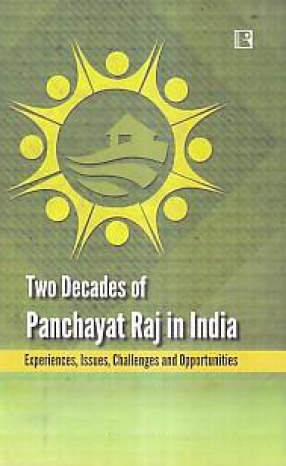
Yatindra Singh Sisodia

Showing all 10 books

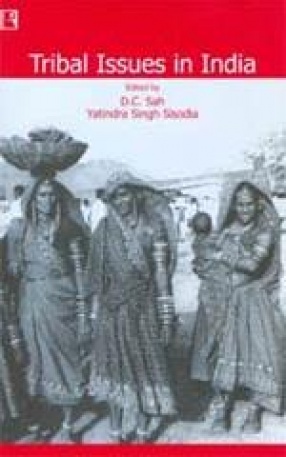
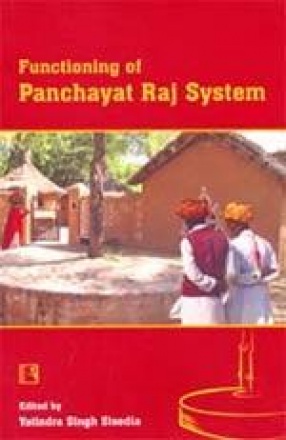



Development is a continuous and a multidimensional process which involves reorganization and reorientation of the entire economic and social system. The tribal communities in India are at different levels of this socioeconomic development. There are tribes that are still dependent on forests for their livelihood with their primitive technology, limited skills and traditional ritual practices. On the other hand, there are several communities in India who have been ...

The success of the democratic process in a country depends on the capability and integrity of the organs of the state, institutions of governance and the extent of people?s participation in governance. Democracy, in fact, involves dignity, diversity, dissent and development. Unless the last person celebrates his/her sense of dignity, exercises democratic dissent and involves himself/herself in the process of governance and development, democracy remains an empty ...
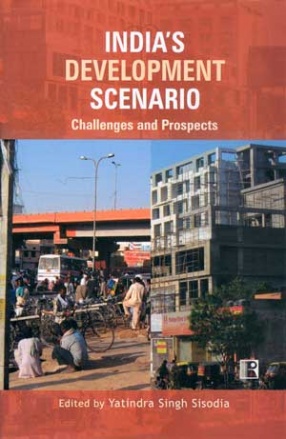
India after sixty years of independence has witnessed many achievements and simultaneously encountered many nagging problems. We can boast of our performance in some specific areas like self-sufficiency in foodgrains, structuring of strong industrial base, raising expectancy of life and higher percentage of literacy. On the negative side, we can count the perennial problems of unemployment, illiteracy and poverty accentuated by an ever-increasing population with ...

Education is the catalyst factor, which leads to human resource development comprising better health, nutrition, improved socio-economic opportunities and more congenial and beneficial natural environment for all. It is well-recognised by policy planners as well as educationists that elementary education is one of the most substantive and critical inputs for the development of child. Over the last five decades, India has taken long strides in the development and ...

Marginalisation of tribals and commercial exploitation of their land and forest date back to the British period. After independence, the nexus between development administration, banias and non-tribals on the one hand, and laws governing their commons on the other, further deprived them of not only their livelihood, but also resulted in a loss of their identity. The present volume discusses some of these important issues. The book is divided into six thematic ...

Functioning of Panchayat Raj in India has been a matter of debate and speculation about its performance and impact. In almost all states, two or three rounds of elections for panchayats have been completed. The sizeable presence of underprivileged and poor in the grassroots political institutions is a landmark development in the rural politics of the country. This is also a matter of serious debate as to how this excluded lot after their inclusion in active ...

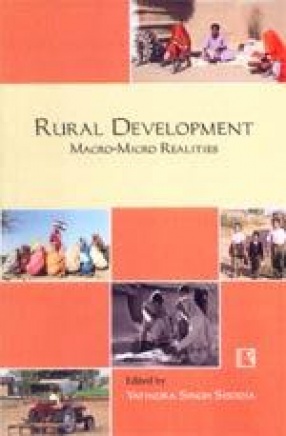
The last one decade has a special significance from the point of view of two major paradigm shifts in the whole schema of rural development: one, the initiation of economic reforms and two, decentralized governance. It is under serious debate that whether the global vis-Ã -vis the local is contradictory or complementary to each other and also can these two co-exist amicably. There are major reshuffles in policies, programmes and strategies of rural development ...

Village communities have been in existence in India for over centuries and Panchayats have been an intimate part of the Indian culture. Panchayat system is one of the unique democratic institutions evolved in India by country's own genius and ethos. The Post-73 Amendment phase has generated immense interest among the observers and experts who were keen to understand this significant change in the pattern of governance at the grassroots level. In the continuation ...
